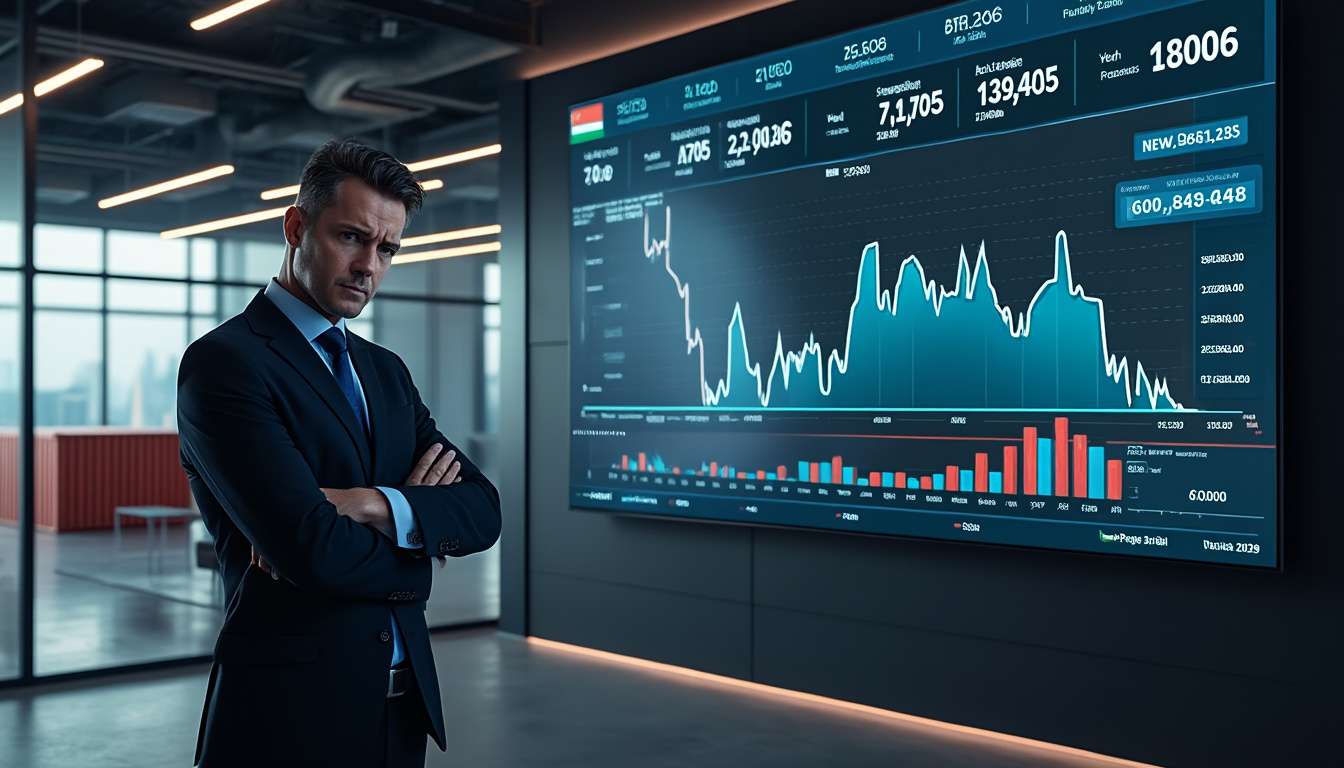Derichebourg, a key player in environmental services and industrial sectors, has recently experienced significant stock market pressure. This downturn is largely attributed to the ongoing impact of tariffs introduced under Donald Trump’s administration combined with volatile currency exchange rates. These factors are exerting downward pressure on the company’s profit margins amid a broader climate affecting related industries such as steel production and manufacturing.
How Trump’s Tariffs Continue to Impact Derichebourg and Related Industries
Trade policies enacted during the Trump era remain influential in shaping the operating environment for companies like Derichebourg. The imposition of import tariffs, especially on metals and manufactured goods, has elevated costs for businesses dependent on global supply chains. Additionally, currency fluctuations have added complexity to pricing and profitability.
- Increased costs for raw materials due to tariffs on steel and aluminum.
- Pressure on profit margins as companies absorb higher import expenses.
- Market uncertainty and investor caution affecting stock valuations.
This trading climate also reverberates across major steelmakers such as Steel Dynamics, ArcelorMittal, Nucor, U.S. Steel, Tata Steel, where import duties have tightened profit windows and challenged competitive positioning.
Currency Volatility’s Role in Undermining Corporate Earnings
Currency swings driven by ongoing geopolitical tensions and policy unpredictability exacerbate the financial strain on exporters and importers alike. For Derichebourg and industrial peers, fluctuations in the euro and U.S. dollar exchange rates complicate cost forecasting and revenue recognition.
- Revenue uncertainty due to exchange rate differences affecting international sales.
- Increased hedging costs as companies seek to mitigate currency risk.
- Challenges in maintaining competitive pricing across diverse markets.
Manufacturers such as Caterpillar, Alcoa, General Motors, and Volkswagen also face these currency-driven hurdles, adjusting strategies to protect margins in this fluctuating environment.
Sector-Wide Pressure: From Steel to Automotive Industries
The dual effect of tariffs and currency issues is not isolated to Derichebourg but extends across numerous sectors heavily reliant on metals. The steel industry, entwined with environmental service providers, endures the brunt of these policies.
- Steel producers like ArcelorMittal and Nucor struggle with increased raw-material costs and retaliatory tariffs.
- Automotive manufacturers including General Motors and Volkswagen confront inflated component prices and supply chain interruptions.
- Equipment makers such as Caterpillar are adapting but see profit margin pressures due to these cost inflations.
These developments lead to more cautious capital investment and restrained earnings growth across the sector.
Strategic Responses and Investor Outlooks
In response, affected companies are deploying various strategies to mitigate these headwinds. Efforts include supply chain diversification, localizing production, and currency risk management. Investors remain watchful, balancing long-term growth prospects against near-term margin risks.
- Supply chain realignment to reduce tariff exposure.
- Price adjustments where market conditions allow.
- Currency hedging practices to stabilize financial results.
- Enhanced focus on operational efficiency to absorb cost increases.
Despite the challenges, companies like Derichebourg and its steel and automotive peers continue to seek resilience through innovation and strategic adaptation.


